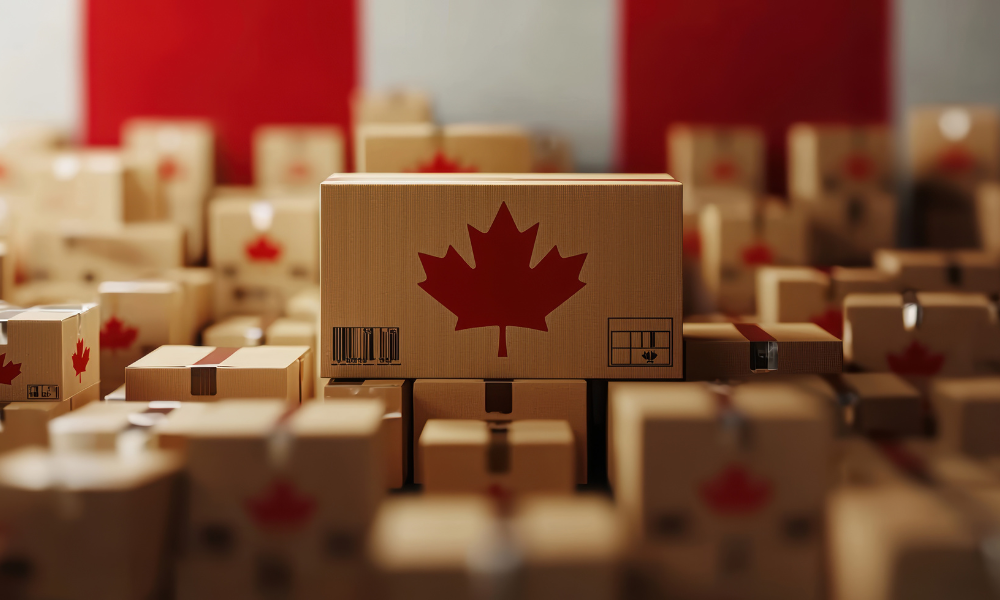Canadian firms shift growth plans as 76% anticipate fallout from Trump-era tariff measures

A recent report cited by The Canadian Press found that over three-quarters of Canadian startups anticipate that tariffs will affect their operations.
Between February 10 and March 10, more than 175 startups linked to Ontario tech hubs MaRS and Communitech participated in a survey.
Among them, 38 percent predicted a direct impact from tariffs, while another 38 percent expected indirect consequences.
The survey occurred during a period when US President Donald Trump issued several tariff threats—some of which did not materialize or were delayed.
However, others, such as the 25 percent tariffs on Canadian steel and aluminum, went into effect. Further measures are scheduled for announcement on Wednesday.
Startups tied to MaRS in Toronto and Communitech in Waterloo could see consequences because many of their hardware and product lines cross into the US market.
Even companies focused on digital goods like software generate significant US sales.
The report highlighted that 70 percent of the surveyed startups had US revenue in 2024. If proposed tariffs move forward, 41 percent foresee a direct hit to their 2025 revenue.
Grace Lee Reynolds, CEO of MaRS, stated that the threat of US tariffs is forcing Canadian founders to rethink growth strategies and explore alternative markets.
She called it “a critical moment for Canada to strengthen its innovation ecosystem and create new pathways for global growth.”
The survey found that 58 percent of respondents expressed concern about sourcing materials from the US and stabilizing supply chains.
In response to tariff risks, 26 percent of ventures have begun reassessing international expansion strategies, with attention shifting to markets in the UK, EU, and Asia.
Montreal-based Sollum Technologies reported declining demand, as customers hesitated to invest in new equipment.
CEO and co-founder Louis Brun said, “It’s a completely understandable response, but one that ultimately impacts everyone involved.”
CERT Systems, based in Toronto and focused on manufacturing chemicals without fossil fuels, also addressed challenges tied to US-sourced components.
Co-founder and CEO Alex Ip said, “It’s very convenient to get things from the US often because there’s not as many local suppliers. We could probably find alternatives, but they might not come in as quickly as we want, and they might need to ship it from elsewhere.”
Ip also raised concerns about rising costs. He expects tariffs could force CERT to spend more. After Trump’s January inauguration, investors started questioning the implications for the business.
“It’s created a lot of uncertainty in the fundraising space,” Ip said.
She added that while everyone hopes for clarity soon to avoid delays, the situation is beyond their control and not in the hands of venture capitalists either.



